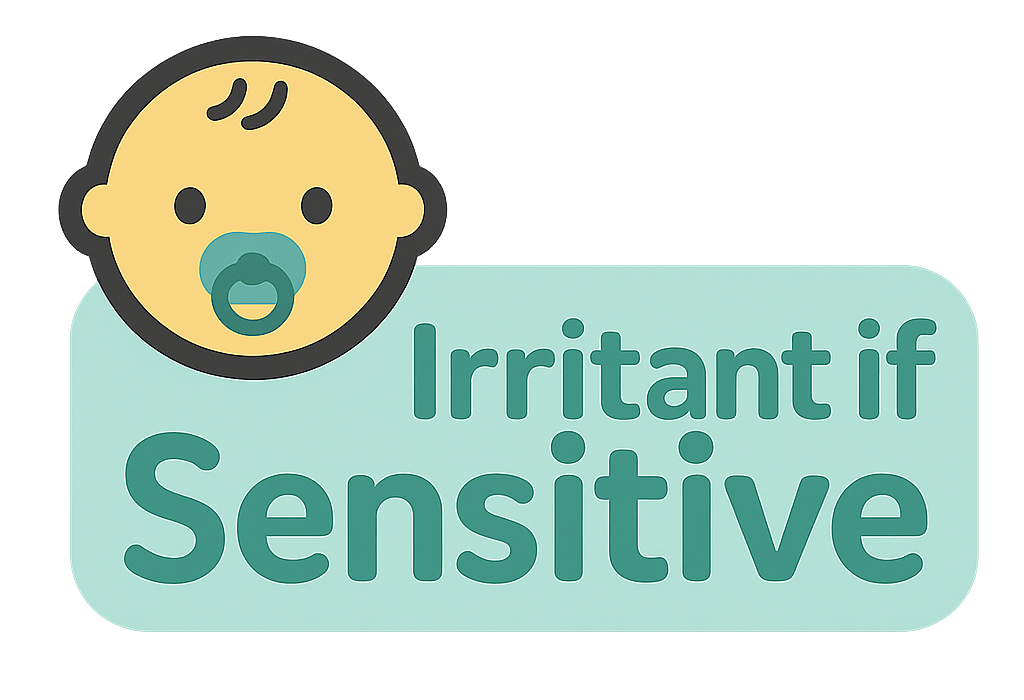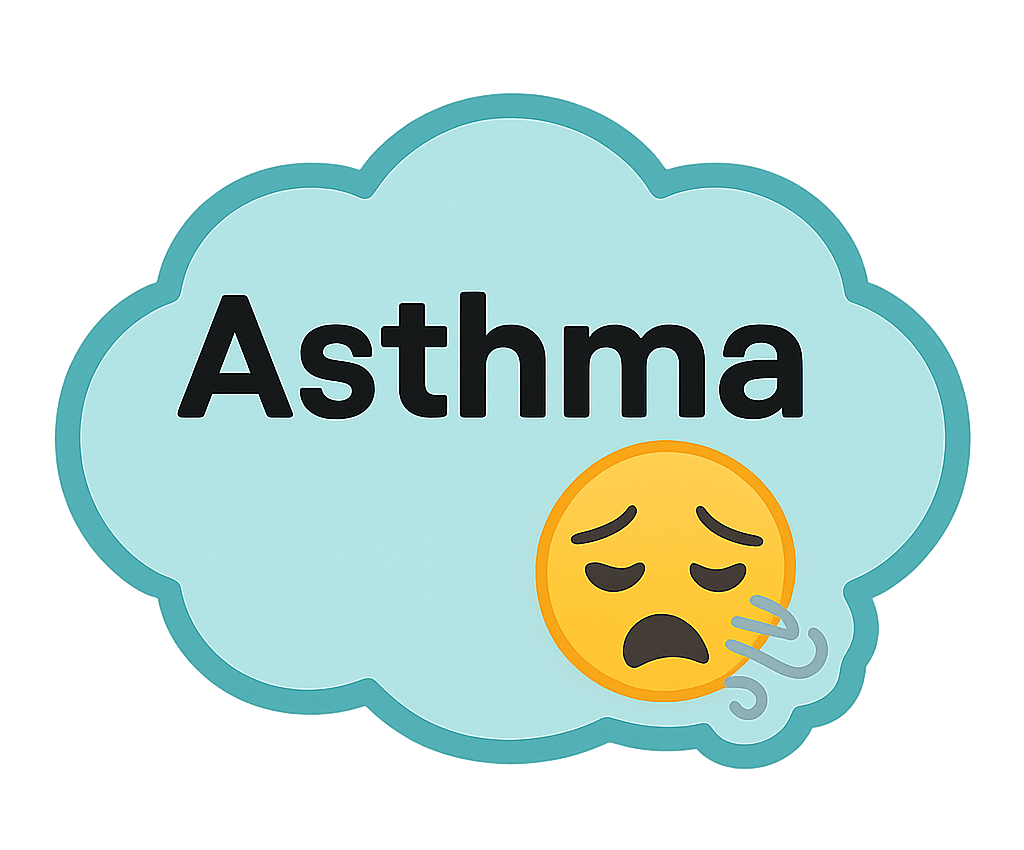Sesame seeds

1-2 year old toddlers • Consumable product
Check for Different Age (4 available)
Is this toddler-safe to eat Sesame Seeds?
ℹ️General Overview
Sesame can cause serious allergic reactions in some 1 to 2 year olds. If the child is not allergic it is generally safe to eat nutritionally.
✅What to Do
If your child has a known sesame allergy avoid this product. If this is a first exposure and there is family history of allergy talk to your pediatrician first. If you introduce it at home do so in small amount and watch closely for at least a couple of hours.
⚠️Warnings
Watch for hives, swelling of face or lips, vomiting, trouble breathing, wheeze, or collapse. Sesame is labeled as a major allergen by agencies such as the FDA and EU. Avoid if your child already has food allergies or if you suspect any reaction and seek emergency care for breathing or severe symptoms.
Are you holding the product?
Scan the full ingredient label and understand if it's safe for your child.
Safety Risk Labels
This ingredient has the following documented risks:




Tap or hover over labels to see detailed risk information.
Alternative Names for Sesame seeds
This ingredient may also be listed as:
Always check ingredient labels carefully, as ingredients may be listed under different names.
Common Questions About Sesame seeds
Is this toddler-safe to eat Sesame seeds?
Sesame seeds is not recommended for 1-2 year old toddlers due to potential safety risks.
What are the irritant risks of Sesame seeds for toddlers?
Can cause skin redness, itchiness, or rashes—especially on sensitive baby skin. Young children may be more sensitive to these effects.
What are the eczema risks of Sesame seeds for toddlers?
Linked to triggering or worsening eczema and similar skin conditions. Young children may be more sensitive to these effects.
What are the asthma risks of Sesame seeds for toddlers?
Can make breathing issues like asthma worse in babies and kids. Young children may be more sensitive to these effects.
What are the immune system risks of Sesame seeds for toddlers?
Could weaken or confuse immune system. Young children may be more sensitive to these effects.
What products contain Sesame seeds?
Sesame seeds is commonly found in food products, dietary supplements, and consumable items. Always check ingredient labels before use.
When can toddlers eating products with Sesame seeds?
The appropriate age depends on the specific ingredient properties and concentration. This analysis is for 1-2 year old toddlers. Use the age selector above to check other ages.
Want to scan another product?
Use our camera scanner to analyze more ingredient labels
Scan Another Product